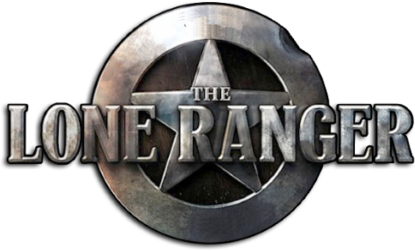A wendigo is an evil, cannibalistic spirit in the stories of the Algonquian peoples of the Northeast and Great Lakes regions of the United States and Canada. It has besome a common monster in modern horror movies and is referenced in The Lone Ranger (2013).
History
The windego is a personification of winter and hunger. It takes different shapes in different stories, but is generally described as a skeletal giant with a huge maw for a mouth. The wendigo preys on humans in times of starvation and is very difficult to kill. In most stories, it's heart, which is made of ice, must be removed from its body and melted.
In the stories it is possible for a starving human to become a wendigo. First the person will begin to halleucinate, imagining that other people are morsels of food. Eventually the person will begin to kill and eat his companions and become a true wendigo.
This belief is paralleled by a culture bound psychosis in which a mentally ill person develops cannibalistic urges. However, the existence of this condition has been disputed in recent times.
The use of the term in the Lone Ranger movie is a fictional blurring of two different Native cultures. The word "wendigo" does not appear in Comanche language or mythology. Ironically, the Potawatomi (Tonto's people in the radio and television series) are part of the Algonquan peoples and do have stories about the wendigo.
The Lone Ranger (2013)
In the movie, Tonto claims that there are evil spirits, which he identifies as wendigos, in the world. This seems to be borne out in several scenes as seeming normal animals, such as rabbits, display vicious and demonic attributes.
The main wendigo Tonto identifies is Butch Cavendish. In fact, Cavendish seems to be the embodiment of evil and shares a wendigo's craving for human flesh. However, when the Lone Ranger asks members of the Comanche tribe about wendigos he is told that they are ghost stories to frighten little children. They imply that Tonto suffers delusions because of his guilt at betraying his tribe as a boy.
